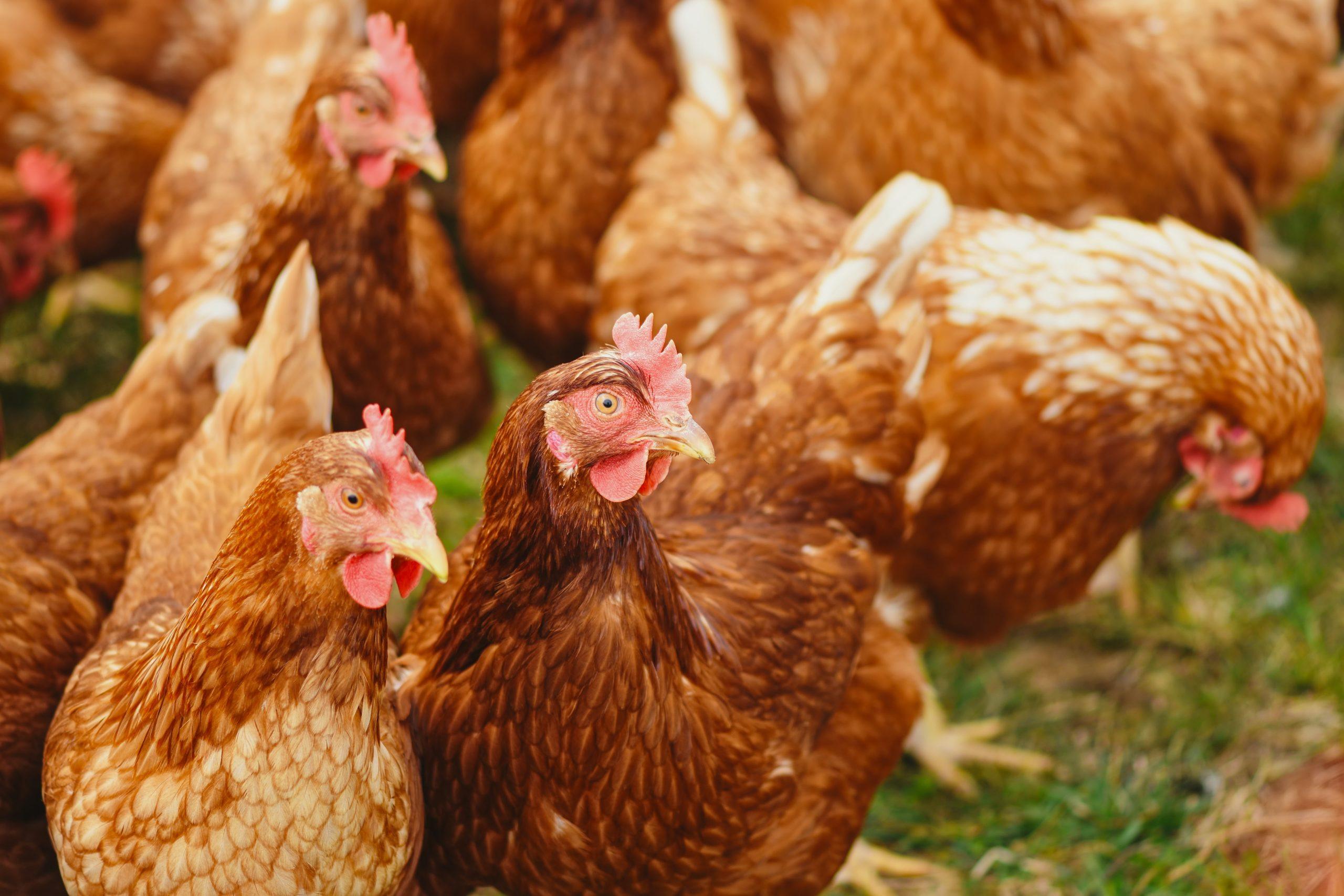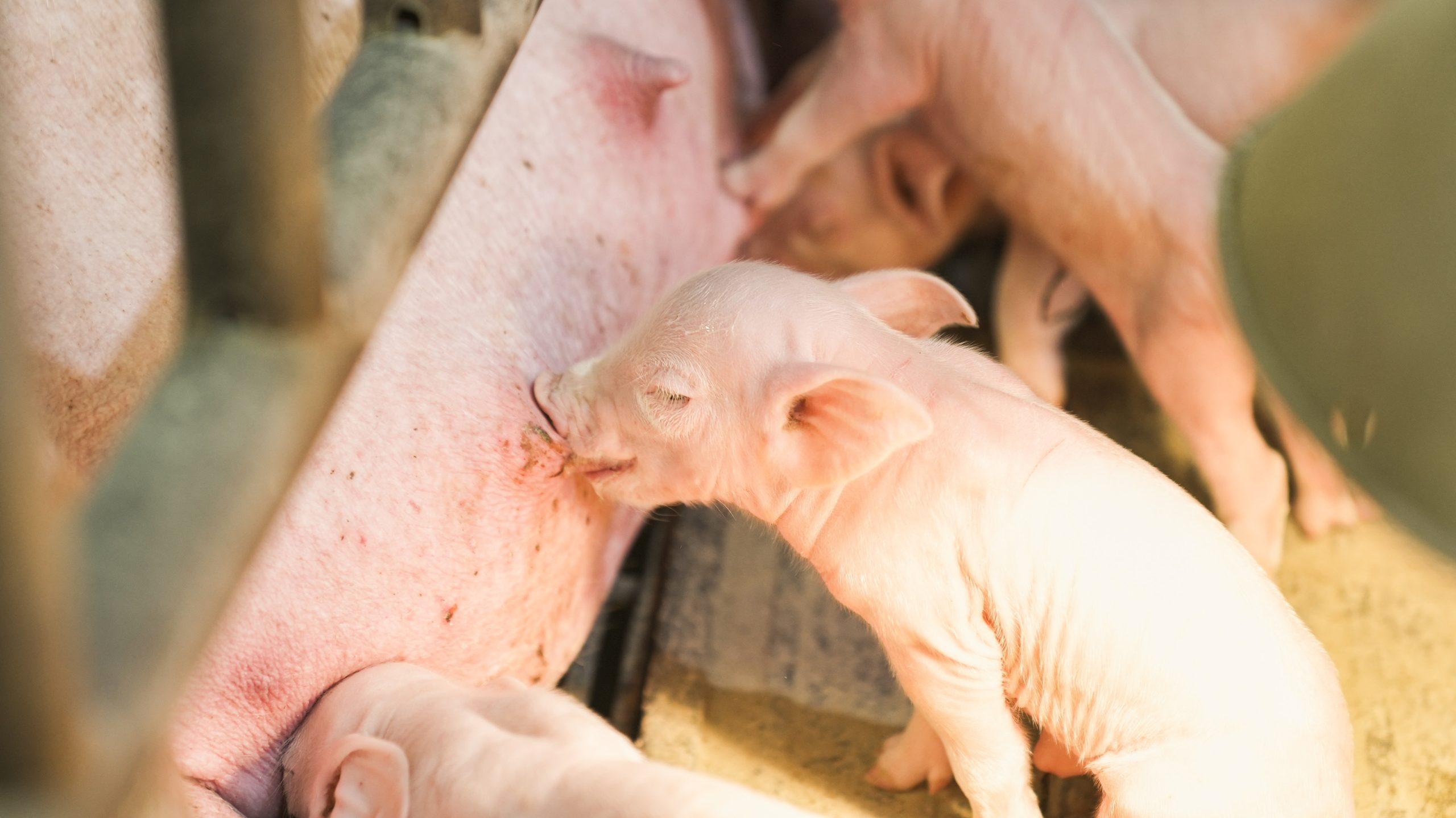Nigeria, often referred to as the “Giant of Africa,” is a country with immense agricultural potential. With a population of over 200 million people and a rising demand for food, starting an agricultural business in Nigeria can be a highly profitable endeavour.
In this article, we will explore ten lucrative agricultural business opportunities that you can consider venturing into. Whether you have a small plot of land or are looking to invest in large-scale farming, there is a wide range of agricultural ventures suitable for various budgets and skill levels. From crop cultivation to livestock farming and value-added processing, Nigeria offers fertile ground for agricultural entrepreneurs. Let’s delve into these ten profitable agricultural businesses that have the potential to generate significant returns.
Poultry Farming
Poultry farming is a thriving sector in Nigeria due to the high demand for poultry products such as eggs and meat. Starting a poultry farm can be relatively low-cost, and with proper management, it can yield impressive profits. You can specialize in broiler production for meat, layer production for eggs, or a combination of both.
To start a poultry farm, you will need to invest in housing facilities, purchase day-old chicks or point-of-lay pullets, provide nutritious feed, and implement effective disease control measures. Marketing your products to local consumers, restaurants, and retailers will be crucial for profitability. With careful planning and efficient operations, poultry farming can provide a steady income stream.
Fish Farming
Fish farming is another profitable agricultural business in Nigeria. The country’s extensive water resources, including rivers, lakes, and coastlines, provide an ideal environment for fish farming. Tilapia, catfish, and mackerel are popular fish species cultivated in Nigeria.
To start a fish farm, you will need to construct ponds or invest in recirculating aquaculture systems (RAS) for intensive fish production. Acquiring fingerlings or juvenile fish, feeding them a balanced diet, and maintaining optimal water quality is critical for success. You can sell your fish directly to consumers, local markets, or wholesale distributors.
Pig Farming
Pig farming, also known as piggery, has emerged as a highly lucrative agricultural business in Nigeria. The increasing demand for pork and related products is driven by various factors such as population growth, changing dietary preferences, and rising urbanization. This presents a promising opportunity for entrepreneurs looking to venture into the agricultural sector.
One of the advantages of pig farming is that it can be started on a small scale with relatively low capital investment. This makes it accessible to individuals with limited resources, allowing them to gradually expand their operations as they generate profits. Additionally, pig farming offers the potential for significant returns on investment when managed efficiently and effectively.
Proper housing, feeding, and breeding management are crucial factors for success in pig farming. Constructing suitable pig pens or housing units is essential to provide a comfortable and hygienic environment for the pigs. Adequate space, ventilation, and proper waste management systems should be incorporated to ensure the pigs’ health and minimize the risk of diseases.
Snail Farming
Snail farming, also known as heliciculture, is a profitable niche agricultural business that is gaining popularity in Nigeria. Snails are a delicacy and have high demand both locally and internationally. Snail farming requires less land and capital com
pared to other livestock ventures, making it an attractive option for small-scale farmers.
Creating a suitable habitat with adequate moisture and temperature control is essential for snail farming. You can source snail eggs or hatchlings and provide them with a balanced diet rich in calcium for shell development. Marketing your snails to restaurants, hotels, and export markets can yield substantial profits.
Maize Farming
Maize, also known as corn, is a staple food in Nigeria and has a high demand for various purposes, including human consumption, animal feed, and industrial processing. Maize farming can be profitable, especially in regions with favourable climatic conditions for cultivation.
To start a maize farm, you will need to prepare the land, select suitable maize varieties, and apply appropriate farming techniques. Timely planting, irrigation or rainfall management, and pest control are vital for achieving high yields. You can sell your maize to local markets, feed mills, or processors.
Cassava Farming
Cassava is a versatile crop widely cultivated in Nigeria and is a key ingredient in many local dishes. It is also used in the production of industrial starch, flour, ethanol, and animal feed. Cassava farming can be profitable due to its high demand and multiple uses.
To start a cassava farm, you need to prepare the land, select quality cassava stems, and employ good agricultural practices. Harvesting at the right maturity, proper storage, and value addition through processing can increase your profit margins. Selling to local markets, and processors, or exporting cassava products can be lucrative.
Vegetable Farming
Vegetable farming is a profitable agricultural business that offers a range of possibilities. Nigeria’s growing population, urbanization, and increasing awareness of healthy eating habits have fueled the demand for fresh vegetables.
To start a vegetable farm, select high-demand crops such as tomatoes, peppers, lettuce, and spinach. Implement proper irrigation, fertilization, and pest control techniques to ensure healthy plant growth. Directly selling to consumers, supplying to supermarkets, or establishing relationships with restaurants and hotels can ensure regular income.
Palm Oil Production
Palm oil is a widely consumed cooking oil in Nigeria and has various industrial applications. Starting a palm oil production business can be highly profitable due to the country’s favourable climatic conditions for oil palm cultivation.
To begin palm oil production, you will need to establish an oil palm plantation, either by planting seedlings or purchasing matured palms. Implementing good agricultural practices, including fertilization, pest management, and regular harvesting, is crucial for optimal yields. Processing the harvested fruits into palm oil can be done manually or by investing in machinery. Selling the oil to wholesalers, and retailers, or exporting to international markets can yield significant profits.
Beekeeping
Beekeeping, or apiculture, is an agricultural venture that involves rearing bees for honey production. Nigeria has a rich biodiversity, providing abundant floral resources for bees, making it an ideal location for beekeeping.
You will need to acquire beehives and a colony of bees. Proper hive management, regular inspection, and honey extraction techniques are essential for successful beekeeping. Selling honey, beeswax, and other hive products to local markets, supermarkets, or export markets can generate substantial revenue.
Fruit Juice Production
Fruit juice production is a value-added agricultural business that can be highly profitable in Nigeria. With abundant fruit varieties available, you can capitalise on the growing demand for healthy and natural beverages.
To start a fruit juice production business, source fresh fruits, invest in juice extraction and processing equipment, and adhere to quality control standards. Developing a brand, establishing distribution channels, and marketing your fruit juices to supermarkets, restaurants, and health-conscious consumers can lead to a lucrative venture.
Conclusion
Starting an agricultural business in Nigeria presents abundant opportunities for entrepreneurs. The ten profitable agricultural businesses discussed in this article offer a diverse range of options, from livestock farming to crop cultivation and value-added processing. It is essential to conduct thorough market research, develop a solid business plan, and acquire the necessary skills and knowledge to succeed in your chosen venture.
Additionally, maintaining proper farm management practices, exploring marketing channels, and staying updated with industry trends will contribute to your business’s profitability. With the right approach and dedication, you can establish a thriving agricultural business and contribute to the country’s food security while reaping the rewards of your efforts.



